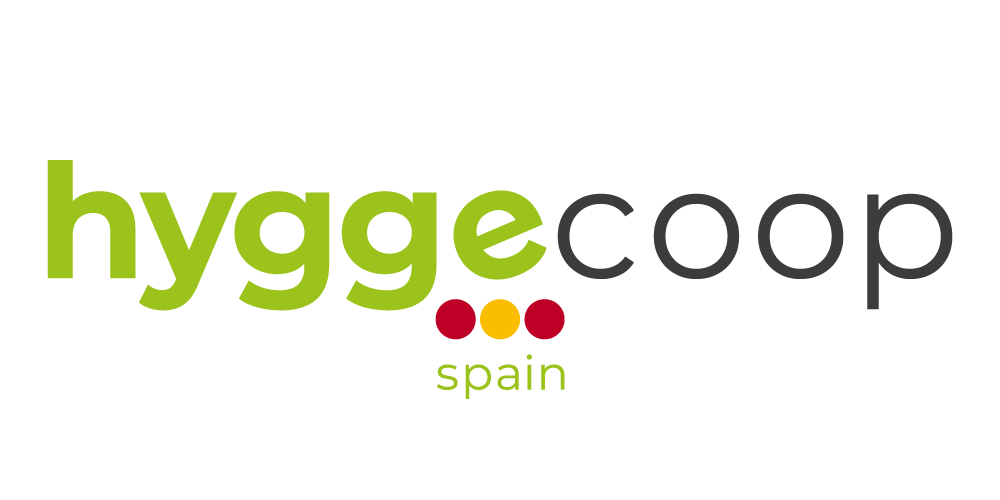FAQs
FREQUENTLY ASKED QUESTIONS
What is a housing cooperative?
A housing cooperative is an association where individuals come together to collectively build or acquire property. Members contribute financial resources and work to develop real estate projects at more affordable prices. These cooperatives operate democratically, allowing their members to have a voice and vote on key decisions, giving them the opportunity to become homeowners at more affordable prices once projects are completed.
What are the rules governing cooperatives?
Cooperatives are legal entities, which means that their legal status is independent of their members, and they operate as separate structures. This separation ensures that legal liability is limited to contributions made to the subscribed share capital, similar to the limited liability company model.
A fundamental aspect of cooperatives is their non-profit approach. These entities are renowned for carrying out housing projects at prices based strictly on costs. This provides cooperative members with access to affordable, accessible housing, avoiding profit-motivated intermediaries.
Who is responsible for the cooperatives?
The entities responsible for these cooperatives are known as Managers. They are usually entities that offer management and advisory services to the cooperative.
They are responsible for managing all aspects of the process. This includes the site location and acquisition, project design, licensing, construction supervision and legal status, handing over of keys and, if necessary, even the procurement of furniture for the house.
Contributions to be made to the cooperative.
All cash payments will be deposited by the member into an account held exclusively by the cooperative. This account will be subject to an ORDER OF NON-AVAILABILITY OF FUNDS.
The cooperative may only use the funds in the account in the following circumstances:
To cover the expenses originated by the incorporation of the cooperative itself.
To pay the costs and taxes related to the purchase of the land for the development of the project.
To reimburse contributors or future members if the project is ultimately not carried out or if they withdraw as established in the cooperative’s Statutes.
To pay taxes affecting the cooperative’s activity to the Tax Agency.
Once ownership of the land is acquired and the building licence has been obtained, the funds will be backed by a SECURITY BOND. This security bond guarantees that the member will be able to recover the contributions made in the event that the cooperative’s goal is not reached.
Why is cooperative housing cheaper than general housing?
- Elimination of intermediaries and profit considerations: In cooperatives, by working directly with members and eliminating intermediaries, profit margins are reduced. There is no real estate developer looking to make a profit. Decisions are taken collectively and are directed towards the goal of providing housing at more affordable prices, avoiding individual profit-related goals.
- Cost reduction and economy of scale: By purchasing materials, land or services in volume and cooperatively, unit costs can be reduced. Collective purchases allow for discounts and savings on construction costs, which is reflected in a lower final price for homes.
- Pooling of funding and access to resources: Cooperative members contribute financial resources and often do work or make personal contributions to the project, thereby lowering total costs. In addition, cooperatives can typically access financing at preferential rates or on more favourable terms as they are shared collective projects.
- Non-profit approach: Cooperatives do not seek to maximise profits, but to fulfil the purpose of providing affordable housing. This allows them to offer homes at a price closer to the cost of construction, without incorporating high profit margins.
Communication with the cooperative
Our mission is to inform and advise you, becoming your trusted ally. We will provide you with the support you need to make informed decisions and enjoy your home’s construction process.
Offering fully personalised attention in your language.
Advice we offer to cooperatives.
GOLDEN VISA INVESTORS
HyggeCoop offers advice to interested private and institutional investors.
Also, if you are non-EU and invest more than €500,000, you can apply for a Golden VISA and obtain residency. HyggeCoop can manage and process the request.
PUBLIC SUBSIDIES
There are a range of public housing subsidies that benefit owners, including possible subsidies for construction or photovoltaic installations, among others.
At HyggeCoop, we inform you of the subsidies you can access because as a cooperative, you are the soul of the project, and we want you to be informed of everything, at all times.
In a constantly evolving world, the concept of home has become even more relevant to our well-being. Today’s clients are no longer satisfied with the limited options offered by the traditional real estate market or the lack of flexibility on the part of developers.
At HyggeCoop, we understand the importance of adapting and creating homes that faithfully reflect cooperative expectations in terms of size, orientation, quality, materials, design and price. We strive to offer homes that will allow you to more intimately connect with your chosen lifestyle.
Contáctanos
Teléfono: 951576114
Email: info@hyggecoop.com
Dirección: HyggeCoop, Avda. Retamar, Nº 69, 1ª Pta. Oficina 9 (C.C. Altos de Higuerón), 29639 Benalmádena (Málaga)
